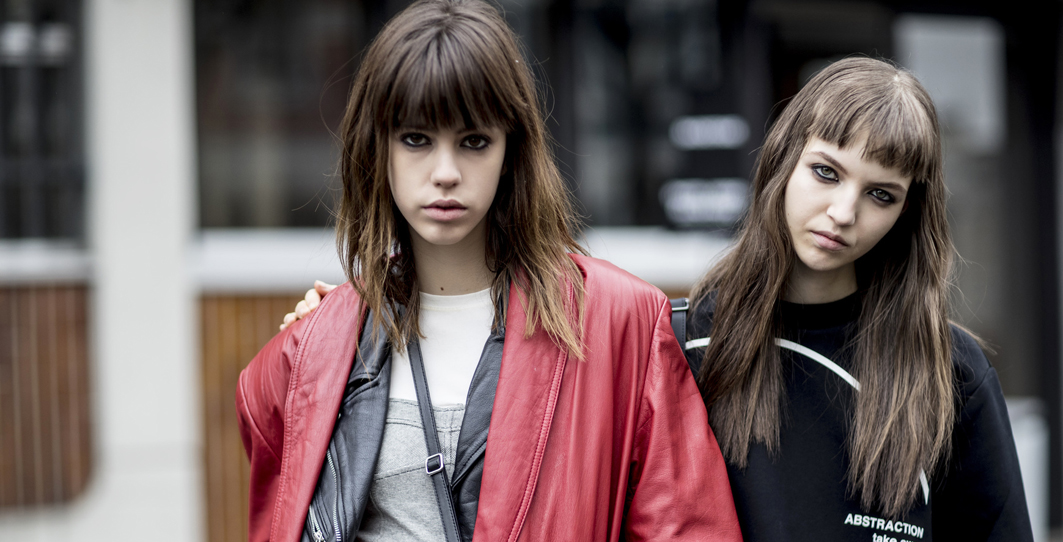
This New Study Proves How Similar You Are To Your Mates
Yep, you are pretty much the same person.
Have you ever been taken aback as to just how similar you are to your friends? From food taste to personality traits to porn habits, you're pretty much the same person, right? Hell, sometimes you can even read each other's minds. Creepy.
A new study, published by Nature Communications, has come through with the science behind your uncanny connection, explaining how similarly friends' brains react when presented different kinds of information.
The study took 279 students from Dartmouth College and created a social network chart based on students who “mutually reported social ties between them.” Then, using an fMRI, they observed the neural responses of 42 students when they were shown different video clips, including debates, music videos, and scenes from documentaries – across multiple genres from politics to comedy. Amazingly, the neuroscientists and researchers were able to predict how close two people were based purely on their brain responses.
The study's findings correlate with a theory called homophily – meaning “love of the same” – which explains our tendency to bond and associate with people we deem similar, in all aspects of our lives. Makes sense, really. According to the report, heterophily – associating with those dissimilar to ourselves – is markedly rarer and more short-lived, and mainly applies to pragmatic, task-oriented relationships.
As well as confirming the theory across controlled demographics like age, ethnicity and gender, the study also found that two of the “Big Five” personality traits, extraversion and openness to experience, “appear to be more similar among friends than among individuals who are not friends with one another.”
What we can't yet discern from the paper is whether those shared neural responses are the result of spending time together, or simply because we gravitate towards those who see the world in the same way as we do. The study's first author Carolyn Parkinson is on a mission to investigate that next.
Read the full study here to learn more.
Next up, ARKK Copenhagen imagines a 'Slow Future' for its Spring/Summer 2018 collection.











